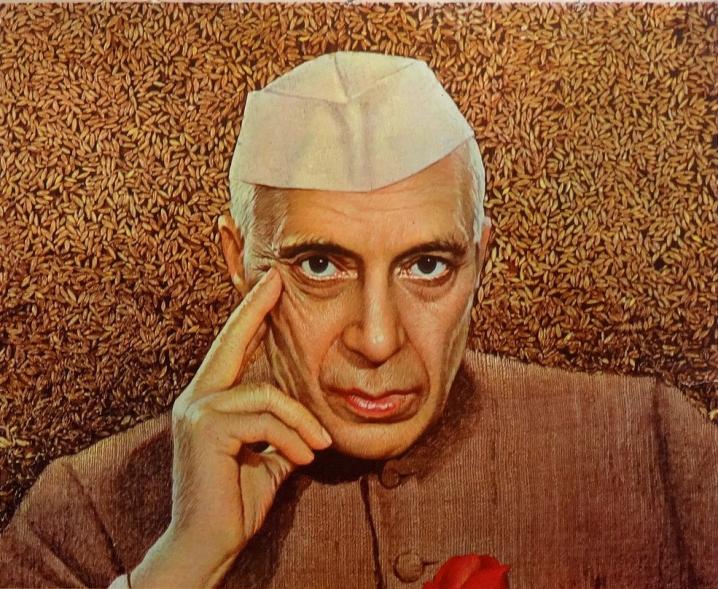Prime minister of India Jawaharlal Nehru

Jawaharlal Nehru first prime minister of independent India (1947–64), who established parliamentary government and became noted for his neutralist (nonaligned) policies in foreign affairs. He was also one of the principal leaders of India’s independence movement in the 1930s and ’40s.Nehru was born to a family of Kashmiri Brahmans, noted for their administrative aptitude and scholarship, who had migrated to Delhi early in the 18th century. He was a son of Motilal Nehru, a renowned lawyer and leader of the Indian independence movement, who became one of Mohandas (Mahatma) Gandhi’s prominent associates. Jawaharlal was the eldest of four children, two of whom were girls. A sister, Vijaya Lakshmi Pandit, later became the first woman president of the United Nations General Assembly.Until the age of 16, Nehru was educated at home by a series of English governesses and tutors. Only one of those—a part-Irish, part-Belgian theosophist, Ferdinand Brooks—appears to have made any impression on him. Jawaharlal also had a venerable Indian tutor who taught him Hindi and Sanskrit. In 1905 he went to Harrow, a leading English school, where he stayed for two years. Nehru’s academic career was in no way outstanding. From Harrow he went to Trinity College, Cambridge, where he spent three years earning an honours degree in natural science. On leaving Cambridge he qualified as a barrister after two years at the Inner Temple, London, where in his own words he passed his examinations “with neither glory nor ignominy.”The seven years Nehru spent in England left him in a hazy half-world, at home neither in England nor in India. Some years later he wrote, “I have become a queer mixture of East and West, out of place everywhere, at home nowhere.” He went back to India to discover India. The contending pulls and pressures that his experience abroad were to exert on his personality were never completely resolved.In 1923 Motilal helped found the Swaraj Party (1923–27), the policy of which was to win election to the Central Legislative Assembly and obstruct its proceedings from within. In 1928 he wrote the Congress Party’s Nehru Report, a future constitution for independent India based on the granting of dominion status. After the British rejected these proposals, Motilal participated in the civil disobedience movement of 1930 that was related to the Salt March, for which he was imprisoned. He died soon after release.
c@icaldrcsrc:culturalindia/rc




